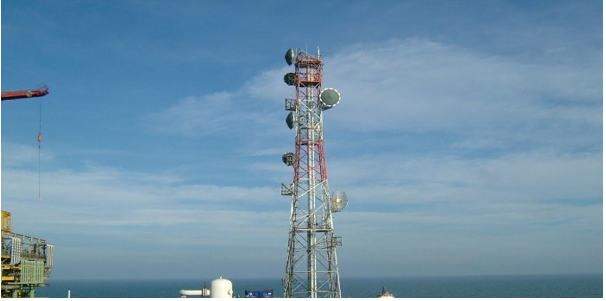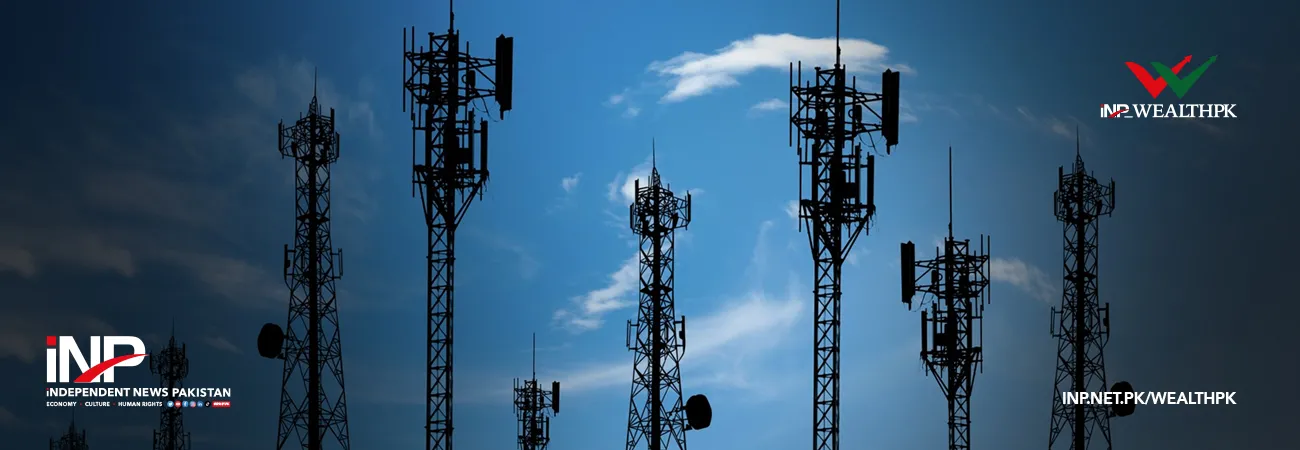INP-WealthPk
Amir Saeed
Inadequate spectrum availability in Pakistan severely hinders network performance and stifles the growth of telecommunications services. Talking to WealthPK, Ahad Nazir, an associate research fellow at the Sustainable Development Policy Institute (SDPI), said that one of the primary obstacles service providers face is the government's reluctance to release sufficient spectrum. “When the government puts spectrum up for auction, the starting costs are often too high for telecom companies to afford. This pricing strategy limits the ability of these companies to invest effectively in network expansion and improvement. Furthermore, the situation is made worse by the fixed pricing in US dollars, as changes in the exchange rate result in higher prices in rupees. Consequently, this creates a financial strain on local operators who struggle to compete with their regional counterparts,” said Nazir.

He highlighted that the Telecom Policy 2015 was designed to address these critical issues, aiming to streamline spectrum allocation and enhance overall network performance. However, the gap between policy design and actual execution is evident, he said. Nazir lamented that insufficient monitoring, a lack of clear deadlines and capacity issues within the Ministry of IT and Telecom (MoITT) have hindered effective implementation. “The dependence on short-term contract workers further complicates matters, resulting in a loss of institutional knowledge vital for coherent policy enforcement.” “Furthermore, the Telecom Policy has not been updated ever since it was approved almost 10 years ago despite the urgent need for reforms. This lack of progress prevents the industry from adapting to the rapidly evolving technological landscape and meeting the growing demands for mobile broadband,” he pointed out. Talking to WealthPK, Tariq Baig, head of franchise support at Ufone 4G, said that as service providers grapple with limited spectrum, the lack of adequate spectrum directly impacts consumers.
“Consumers often complain about slow internet connections, erratic connectivity and restricted access to contemporary telecommunications services.” Pakistan’s available spectrum for mobile broadband is only 29.7MHz, which is far less than that of its neighbours. For example, Sri Lanka has 32.9MHz, Bangladesh has 37.4MHz, India 47.3MHz and Vietnam has 30.1MHz. These differences in spectrum availability highlight the country’s competitive disadvantage in the regional telecom market, also reflecting the difficulties faced by service providers. Baig opined that in a world where digital connectivity is increasingly essential, the consequences of inadequate spectrum extend beyond service providers, affecting the overall economy and quality of life for citizens. “A comprehensive approach is necessary to address these problems. The government must prioritise the timely release of additional spectrum and reconsider auction pricing to make it more accessible for local companies. Additionally, enhancing monitoring and support within the MoITT would bridge the gap between policy and practice, ensuring that the objectives of the Telecom Policy are met effectively.”
Credit: INP-WealthPk













